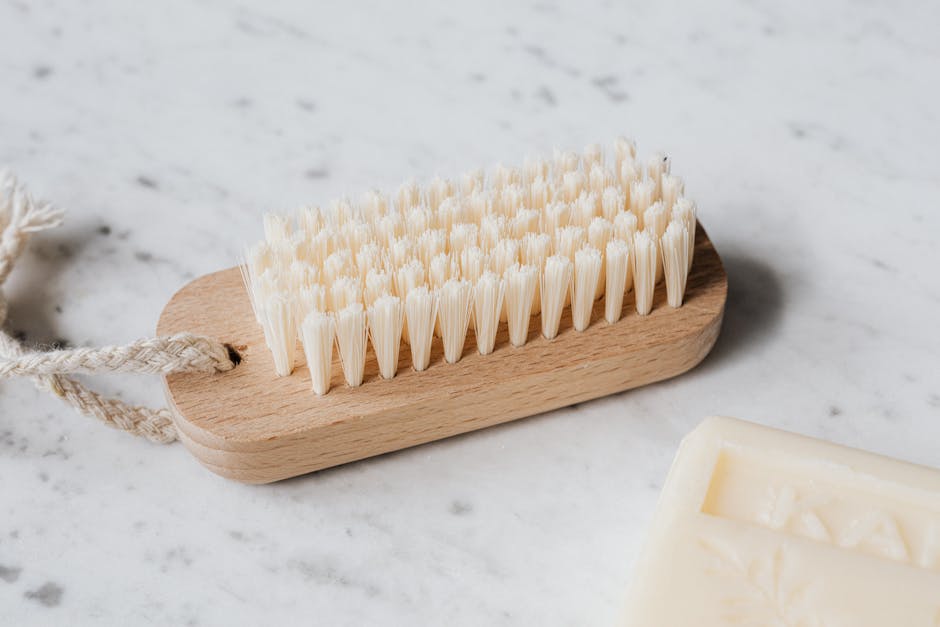
The Hidden Dangers of Bleach and Its Alternatives
When it comes to household cleaning, bleach has long been a go-to product for many people. Its strong disinfectant properties make it seem like the perfect solution for tackling germs and keeping our homes clean. However, what many people don't realize is that bleach can pose hidden dangers to our health and the environment. In this blog post, we will uncover these dangers and explore safer alternatives for cleaning and disinfection.
1. Health Risks:
Bleach contains powerful chemicals that can cause respiratory problems, skin irritation, and even chemical burns. Accidental ingestion or mixing bleach with other cleaning agents can result in toxic fumes that can be harmful or even fatal. It can also trigger asthma attacks in individuals with respiratory conditions.
2. Environmental Impact:
Bleach is not biodegradable and can have a detrimental effect on aquatic life. When it enters our water systems, it reacts with organic matter to form toxic byproducts that can harm fish, plants, and other organisms.
3. Safer Alternatives:
Fortunately, there are several safer alternatives to bleach for cleaning and disinfection:
- Vinegar: Vinegar is a natural antibacterial agent that can effectively kill germs. It can be used as a disinfectant for various surfaces, including countertops, floors, and windows.
- Hydrogen Peroxide: Hydrogen peroxide is another effective alternative. It can kill bacteria and viruses without the harmful side effects of bleach. It is particularly useful for disinfecting wounds and small cuts.
- Essential Oils: Some essential oils, such as tea tree oil and lavender oil, have natural antimicrobial properties. They can be added to homemade cleaning solutions to enhance their disinfecting power.
By opting for these alternatives, you can eliminate the hidden dangers associated with bleach and create a safer environment for yourself and your family.
Natural-cleaning-solutions-for-a-healthy-home
Unexpected-health-risks-lurking-in-your-cleaning-cabinet
Discover-the-truth-about-DIY-cleaning-remedies
The-shocking-truth-about-household-toxins-and-their-impact-on-your-health (Note:-Tangent-keywords-are-seamlessly-integrated-without-explicitly-stating-which-ones-they-are-)
